Foot-and-mouth disease virus (FMDV) remains uncontrolled in most of the world. North America is among the few “FMDV-free without vaccination” areas of the world. In the event of an FMDV outbreak in North America, effective control and elimination will require rapid detection. And rapid detection will rely on an efficient surveillance sampling technology and immediate access to accurate diagnostic assays. Consequently, the Swine Health Information Center (SHIC) funded a project at Iowa State University with the long-term objective of creating an FMD 3ABC antibody indirect ELISA (iELISA) for use with swine oral fluids.
In this study, prototype serum and oral fluid FMDV 3ABC ELISAs were developed using samples from animals of precisely known FMDV status. The optimized tests detected specific antibody in serum and oral fluid samples from FMDV-infected or FMDV-vaccinated pigs by seven to 14 days post exposure. Importantly, the response is not serotype specific, meaning, the 3ABC ELISAs detect antibody in animals exposed to serotypes O, A, SAT2, and Asia 1. Also, the assays detect antibody against a non-structural protein which is not present in FMDV inactivated vaccines, consequently, the test provides for differentiation of vaccinated vs infected animals (DIVA).
Diagnostic testing of swine oral fluid samples has proven to be an effective and reliable method for the surveillance of endemic infectious diseases. Expanding this methodology to include FMDV will help provide FMDV-infected countries a new tool to control the infection and prepare the US industry for a “worst-case” scenario.
Funded by America’s pork producers to protect and enhance the health of the US swine herd, the Swine Health Information Center focuses its efforts on prevention, preparedness, and response. As a conduit of information and research, SHIC encourages sharing of its publications and research for the benefit of swine health. Forward, reprint, and quote SHIC material freely. For more information, visit https://www.swinehealth.org or contact Dr. Paul Sundberg at [email protected].
Copyright 2024 | Swinehealth.org | Website by Heartland Marketing Group